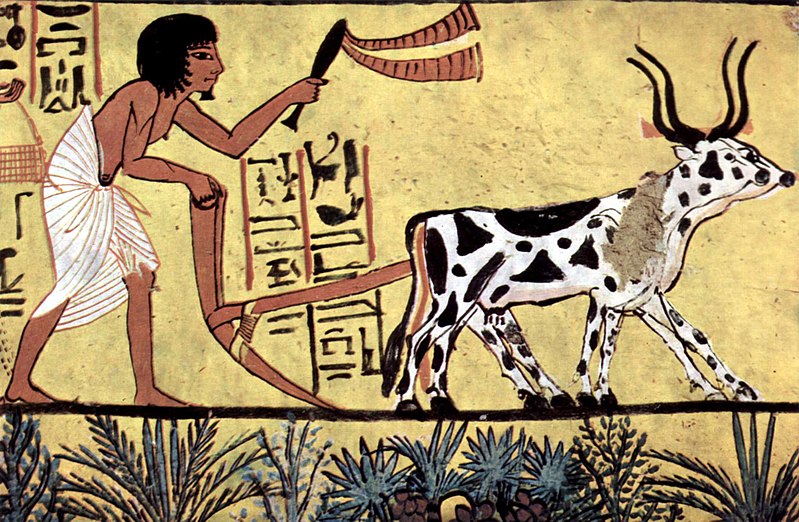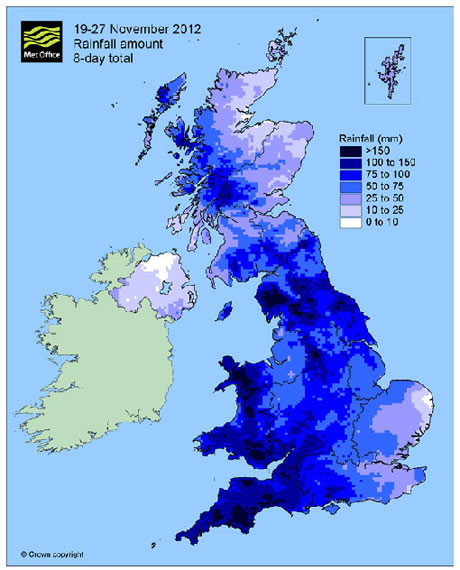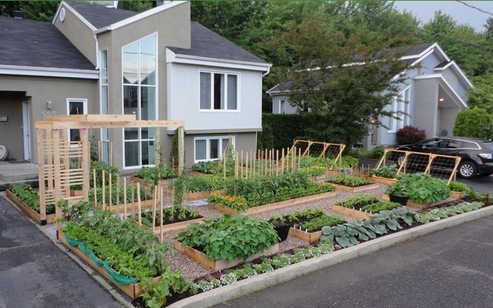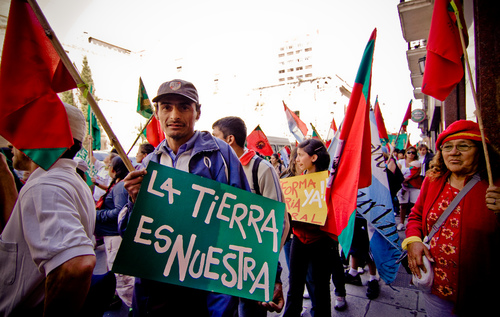The World Health Organization uses this definition of food security:
The World Food Summit of 1996 defined food security as existing
“when all people at all times have access to sufficient, safe,
nutritious food to maintain a healthy and active life”. Commonly, the
concept of food security is defined as including both physical and
economic access to food that meets people's dietary needs as well as
their food preferences.
Food security is built on three pillars:
- Food availability: sufficient quantities of food available on a consistent basis.
- Food access: having sufficient resources to obtain appropriate foods for a nutritious diet.
- Food use: appropriate use based on knowledge of basic nutrition and care, as well as adequate water and sanitation.
Seems pretty simple, doesn't it? Access to a consistent supply of food that meets your nutritional needs and that you know how to use. The ruling classes long ago learned that if you expect a functioning society, your people need food, water, and shelter. So why is this so hard to accomplish?
In Canada, we have tens of thousands of citizens unable to access clean, safe water, never mind a secure source of food. And in Britain, the seventh-wealthiest country in the world, there are now 13 MILLION people now living below the poverty line and new food banks are opening every day. And in the US about a third of the population qualifies for what used to be called "food stamps."
Suzanne Moore,
writing in the Guardian, has called 2012 not the year of the Olympics, but the year of the food bank.
In fact, this has been the year of the soup kitchen. The switch from
"soup kitchen", which smacks of Victorian desperation, to the more
neutral "food bank" is a semantic coup d'état. An economic crisis
initiated by the immorality of the banks ends up with nice "banks" that
offer food for free.
I regularly volunteer at a soup kitchen, where we struggle to provide a balanced, home-style meal to those who need it five days a week. We are part of the
Food Bank Canada network. A country so rich and with such a small population living so far above the global norm has
800 food banks and 3000 food programs. And no safe water for a significant part of its population.
Amartya Sen, the Nobel-winning, Bengali economist wrote a book called
Poverty and Famines: an Essay on Entitlement and Deprivation in the early 80s, which looked at the food system and the way it delivers to the poorest--particularly under emergency conditions. Far too frequently in famines, there is food available, just not available to those in need. This was true during the Great Potato Famine in Ireland, and has been true since. Ethiopia during LiveAid was exporting food to Europe in the same way the Irish did a century and a half earlier.
The stories coming out of England in Suzanne Moore's essay sound so familiar:
a man who joined the army and found that while on basic training his
wife and children, who had not yet been provided with accommodation,
could not cope with increasing bills and his decreased income. His wife
broke down at her children's nursery and was taken to a food bank. Is he
a soldier or a shirker?
Wages too low to access food. Benefits packages too low to afford both housing and food. These are structural problems implicit in our food system. As Sen points out, it's too often about poverty, not famine. And poverty is something we can deal with, have dealt with. The 1970s saw the lowest rates of systemic poverty we've ever seen in the developed world--until it was decided that the poor have it too easy. That if being poor isn't so bad, workers won't fear it enough. That the whole "income redistribution for greater income equality" thing had gone too damned far, and that workers were just getting too damned uppity.
And this isn't just me being some socialist mouthpiece. The historical record from the Mulroney/Thatcher/Reagan years bears this out. Greater income inequality, greater poverty and homelessness, and an inadequate and shredded safety net
were choices, choices made by those with power to change the way the rest of us live. Greater globalization, the anti-union movement, greater inequality, these were decisions, choices.
And now, when, as Moore says "An economic crisis
initiated by the immorality of the banks ends up with nice "banks" that
offer food for free," we see people forced into desperation. Because famines rarely cause revolutions. And if you can keep poor people just on the edge of desperation, you can keep them too busy trying to survive to revolt.
But the problem is, the system isn't stable. It's predicated on having enough surplus food to make sure the developed world's poor can eat. But that may no longer be the case; the US drought of 2012 is continuing into the winter, with the Mississippi river at its lowest levels possibly ever (which is interfering with the ability to move barge traffic on the river). The World Food Price Index is expected to top out at 240 this spring--a level that, as
NECSI points out, spreads enough hardship around that social instability results (as in the Arab Spring--revolutions at least partly caused by the price of bread).
Here in Canada,as the rest of the world, the global system is unstable. The bad news is that we have people in power who don't actually get this, and don't understand any of what needs to be done. Their prescription is simply for more of the same only cranked up to 11.
Food shortages and climbing prices. A bankrupt (morally, financially and theoretically) economic system held in place through political repression backed up by increasingly thuggish "police forces." A rapidly warming planet (really really rapidly warming). Collapsing ecosystems. A middle class in utter denial and desperate to maintain their privilege. A plutocracy willing to do anything to maintain theirs. This all makes it difficult to hold out any hope for te various systems we rely on.
The only thing that gives me flashes of hope is people. People engaging an issue, any issue, and struggling to reform a piece of the world. Like the anti-pipeline crowd at the
Dogwood Initiative; despite the fact that Canada is a hostage (Or, as Andrew Nikiforuk calls us, slaves) to the revenue from oil (the Feds rely on oil for about 25% of their budget, and that's set to rise to 33%), they are saying no to Enbridge and the Northern Gateway.
Te rise of the urban farming movement, to bring the food supply home, is encouraging. Cuba has shown us just how much can be done, and the
Campasino a Campasino movement is spreading the word around the world.
All this is to the good, but until we're all engaging with the need for democracy and local decision making, until we're all forming linkages both within and between communities, hope is in short supply.
.jpg)
















